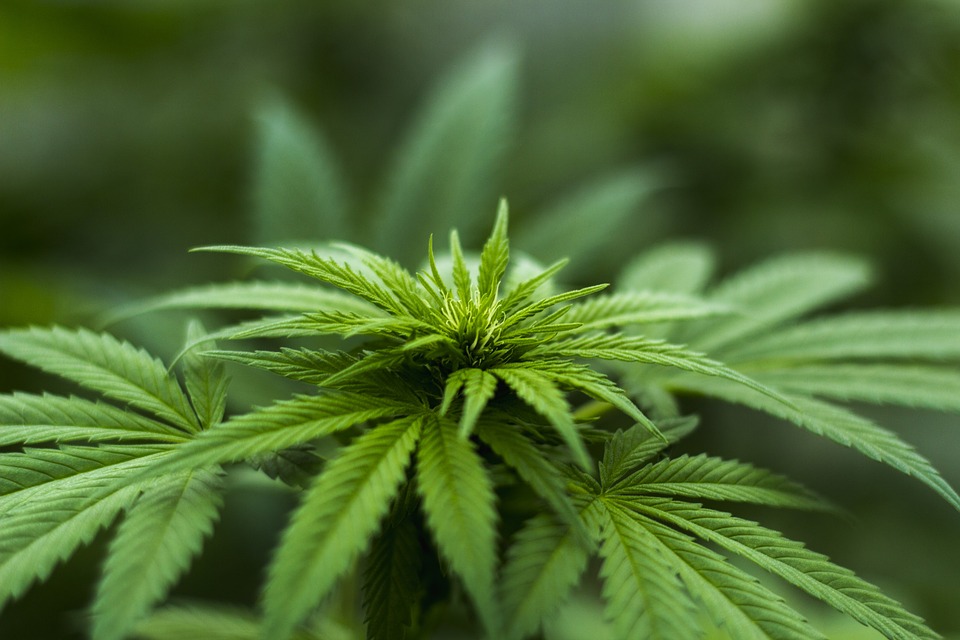“What is a legacy? It’s planting seeds in a garden you never get to see.” —Hamilton, “The World Was Wide Enough”
It’s not uncommon to see policies changed from one Presidential administration to another, as each tries to shape the nation, and, ultimately, their legacy, in the way that makes the most sense to them and their party. However, what is somewhat uncommon is to see a President tacitly approving a major shift in policy (and perhaps practice) that potentially negatively affects not only a growing business segment in multiple states, but also flies in the face of promises made on the campaign trail and angers members of his own party who see it as a rise in the overreach of federalism.
Late last week, Attorney General Jeff Sessions rescinded a memo regarding federal levels of action regarding marijuana issued by former Attorney General Eric Holder’s Justice Department. The memo, which dated back to the Obama presidency, provided states with autonomy regarding the legalization of marijuana, and kept federal prosecutors at bay, for all but the most serious of marijuana-related crimes, such as drug trafficking across state lines or selling to minors. For a brief history of how marijuana legislation state-by-state came to be, check out a great overview at Vox.
Sessions, however, views marijuana as a gateway drug, the state legalization of which has not only flouted federal law, but also created a potential for higher rates of impaired driving, greater appeal to youth, as well as a black market for marijuana in states which neighbor those where marijuana is legal. Advocacy groups, such as Smart Approaches to Marijuana, join Sessions in his concern and welcome a potential return for marijuana to fall under federal enforcement.
While Sessions has taken the step of rescinding the prior guidance on the issue for federal prosecutors, there has yet to be a directive as to just how active enforcement on marijuana will be. While some say that the new direction will give prosecutors the ability to go after high profile cases that states are loath or unable to prosecute, others within the Justice Department point to a department strapped for resources, and highlight opioid abuse and human trafficking as remaining front and center on the minds of the prosecutors.
On the campaign trail, then-candidate Trump promised that he would leave marijuana legislation in the hands of the states, a position that echoed with his Republican base.
Looking at the matter as a states’ rights issue, rather than a federal problem, providing states greater autonomy to appeal to their citizens/voters to solve their local problems removes federal overreach – a key campaign point of President Trump and platform point for the Republican Party.
Indeed, the sudden move by Sessions appears to have caught many key Republican politicians off guard, but ready to strike back. Senator Cory Gardner, a Republican from Colorado, promised to block appointments for key Justice Department positions until Sessions relents and restores the previous policy.
Don Young, a Republican Representative from Alaska, in speaking to the Associated Press, noted that the legalization of recreational marijuana sale had been approved by the voters from the individual states and they, as Congressmen, had a duty to act, saying, “Congress is the voice of the people and we have a duty to do what is right by the states.”
Coming on the first day that recreational marijuana was to be made legal for sale in California, Sessions’ shift had the effect of disrupting a growing business segment as well: Cannabusinesses and those industries that have grown to meet their needs, such as bankers and security forces.
What to do with the proceeds from cannabusiness has always been a slippery argument. Banking, which is regulated by both the states as well as the federal government, has had no assurances that federal enforcement of banks and credit unions which accept funds from the sale of marijuana would be exempt from prosecution.
Indeed, industry giants such as Wells Fargo, which had initially tried to get a large portion of the market share have pulled out completely, leaving smaller firms, such as Colorado’s Safe Harbor Private Banking, to bear the burden and potential for prosecution for crimes ranging from money laundering to racketeering. On the heels of Sessions’ announcement, cannabusiness stocks slipped sharply as well.
As the Trump presidency finds its legacy forward, balancing between states’ rights, law and order, and the best use of federal resources, it should consider the fruits that previous Prohibitions have borne.
Making alcohol illegal in the United States from 1920-1933 had the net effect of increasing the reach of organized crime and the spread of bathtub gin. The war on drugs in America, including on marijuana since 1937, has had similar results: a large amount of money spent to negligible gain.
The National Review points out that police departments nationwide made nearly 575,000 marijuana-related arrests in 2105 alone(nearly 70,000 more than for all categories of violent crime combined). In combating the effects of foreign drug cartels, they note the work of a Mexican think tank who estimated that legalization of marijuana nationwide in the United States would have the effect of crippling the Mexican drug cartels financially, reducing their intake by $1.6 billion (or 80 percent) annually.
For today, however, there is no talk of decriminalization, much less legalization nationwide, and the states whose voters approved the legal sale of marijuana in their borders are somewhat in limbo. Despite the uncertainty, there is a spirit of optimism that the status quo won’t change as much, and that the move was designed to reflect posturing on the part of the Sessions-led Justice Department.
Washington Governor Jay Inslee, whose state was one of the first to legalize marijuana in 2012, said that things would go on as usual, stating that “[w]e should, in my book, not push the panic button on either …individual lives or …businesses.”
Roger is a Staff Writer at The American Genius and holds two Master's degrees, one in Education Leadership and another in Leadership Studies. In his spare time away from researching leadership retention and communication styles, he loves to watch baseball, especially the Red Sox!










































TheSophist
January 9, 2018 at 10:34 pm
Silly post. Neither the Attorney General nor his boss the President make laws. Hence, they can’t make marijuana legal or not legal. Congress does that. That various Republican congresscritters are now talking about legalizing pot is precisely the way it’s supposed to work.
I prefer if the Executive Branch doesn’t get to pick and choose which laws it will and won’t enforce, and the legislature is forced to make and repeal laws that the people want and do not want. YMMV.